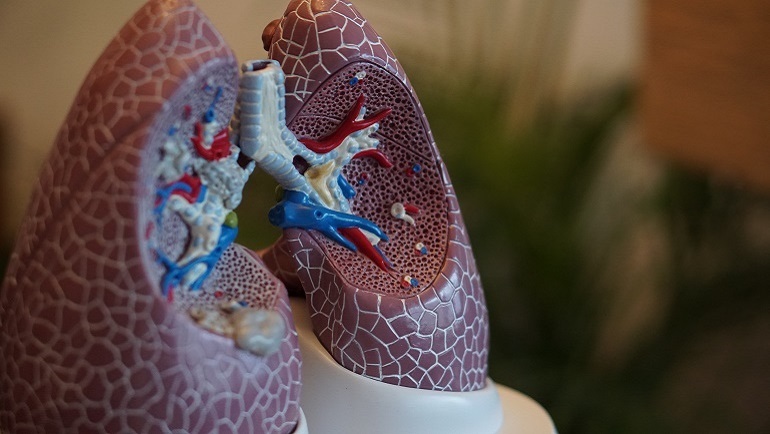
Physician-researchers in the Wayne State University School of Medicine led by Assistant Professor of Internal Medicine Prateek Lohia M.D., M.H.A., have found a link between pre-existing respiratory diseases and clinical outcomes for COVID-19 on areas with a majority Black population.
The study demonstrated a significant association between the presence of pre-existing respiratory diseases and increased mortality, intensive care unit admission and the need for mechanical ventilation.
“Preexisting respiratory diseases and clinical outcomes in COVID-19: a multi-hospital cohort study on predominantly African American population” is published in the journal Respiratory Research.

“To our knowledge, this is the first study that has looked at the association of all the prominent respiratory diseases with severe disease outcomes in COVID-19 patients. Pre-existing respiratory diseases included in the study were Chronic Obstructive Pulmonary Disease, asthma, pulmonary hypertension, Obstructive Sleep Apnea, pulmonary embolism, sarcoidosis, lung cancer, prior tuberculosis and interstitial lung disease,” Dr. Lohia said.
Obstructive Sleep Apnea was found to be an independent predictor for mortality and other severe clinical outcomes among COVID-19 patients. COPD was associated with increased mortality and increased need for mechanical ventilation. Asthma was also linked to increased mortality.
His team also explored if smoking had any association with clinical outcomes in COVID-19. Indeed, the study demonstrated an association between smoking and severe disease outcomes, particularly with mortality and the need for intensive care. Even after adjusting for variables such as age, sex, body mass index and other prevalent comorbidities, smokers had a significantly increased need for ICU admission.
“These results can be useful in planning treatment and allocation of critical care resources, especially during surges, in regions where such resources are limited,” he said.
Dr. Lohia has also published an article about the link between COVID-19 outcomes for those with metabolic syndrome and another debunking any link between Vitamin D deficiency and clinical outcomes of COVID-19.
The coauthors for this study are Safwan Badr, M.D., M.B.A., chair of the Department of Internal Medicine; Shweta Kapur, M.S., research associate; Hossein Yarandi, Ph.D., a professor in the WSU College of Nursing; and Internal Medicine residents Kalyan Sreeram, M.D.; Paul Nguyen, D.O.; Anita Choudhary, M.D.; and Suman Khicher, M.D.
“I am grateful to Dr. Badr for his critical intellectual input and support during this study. His expertise in this field, along with the plethora of research experience, was a valuable learning experience for me,” Dr. Lohia said.
